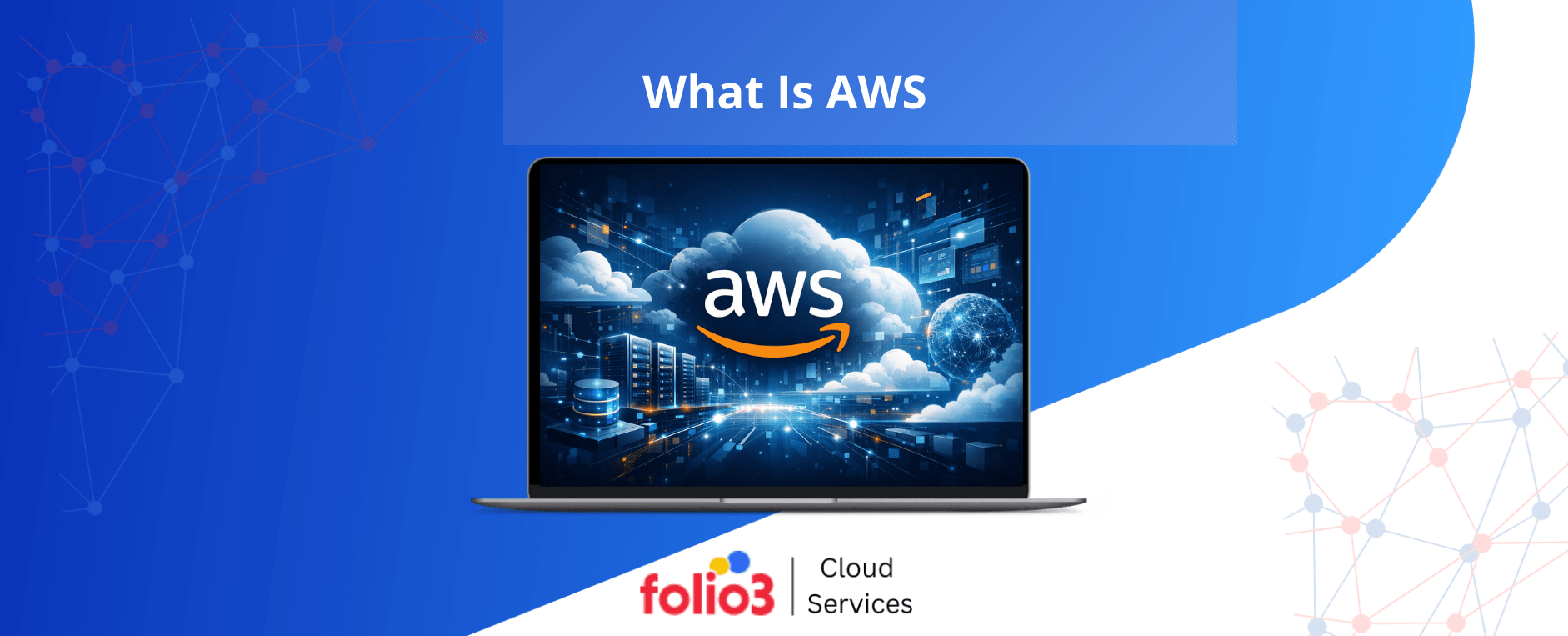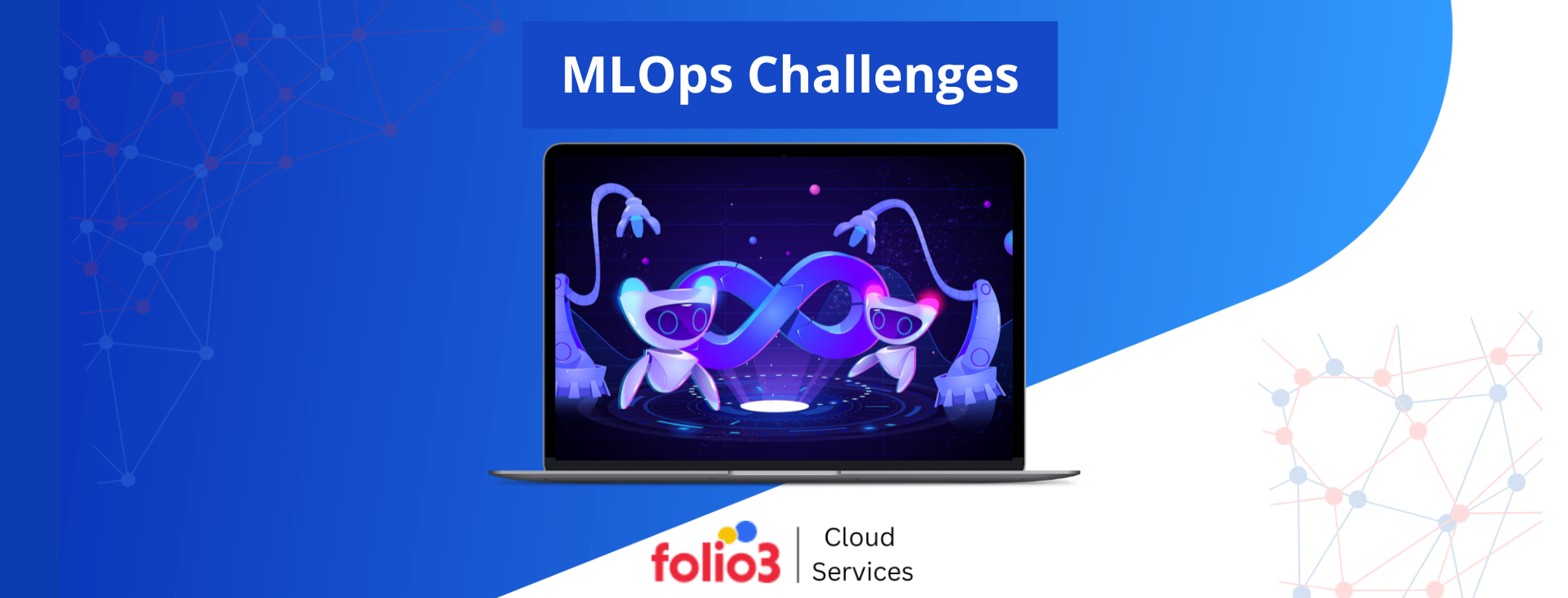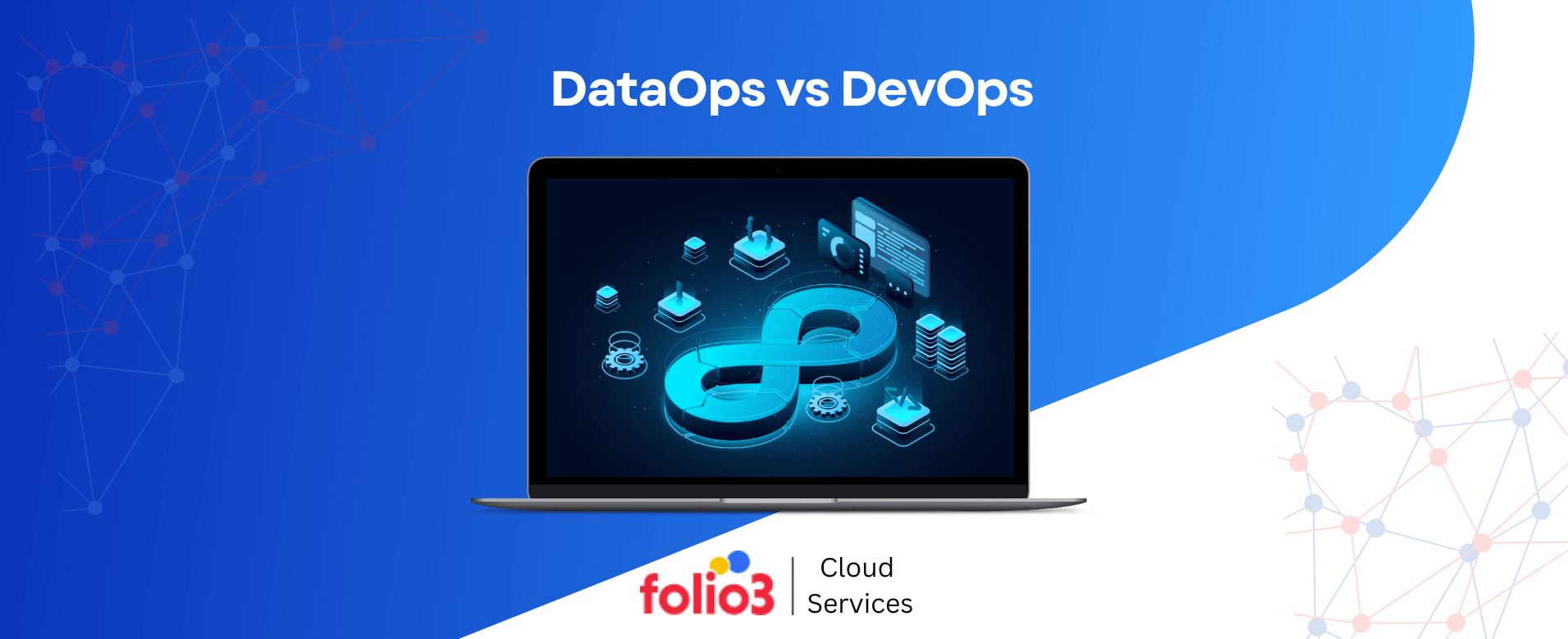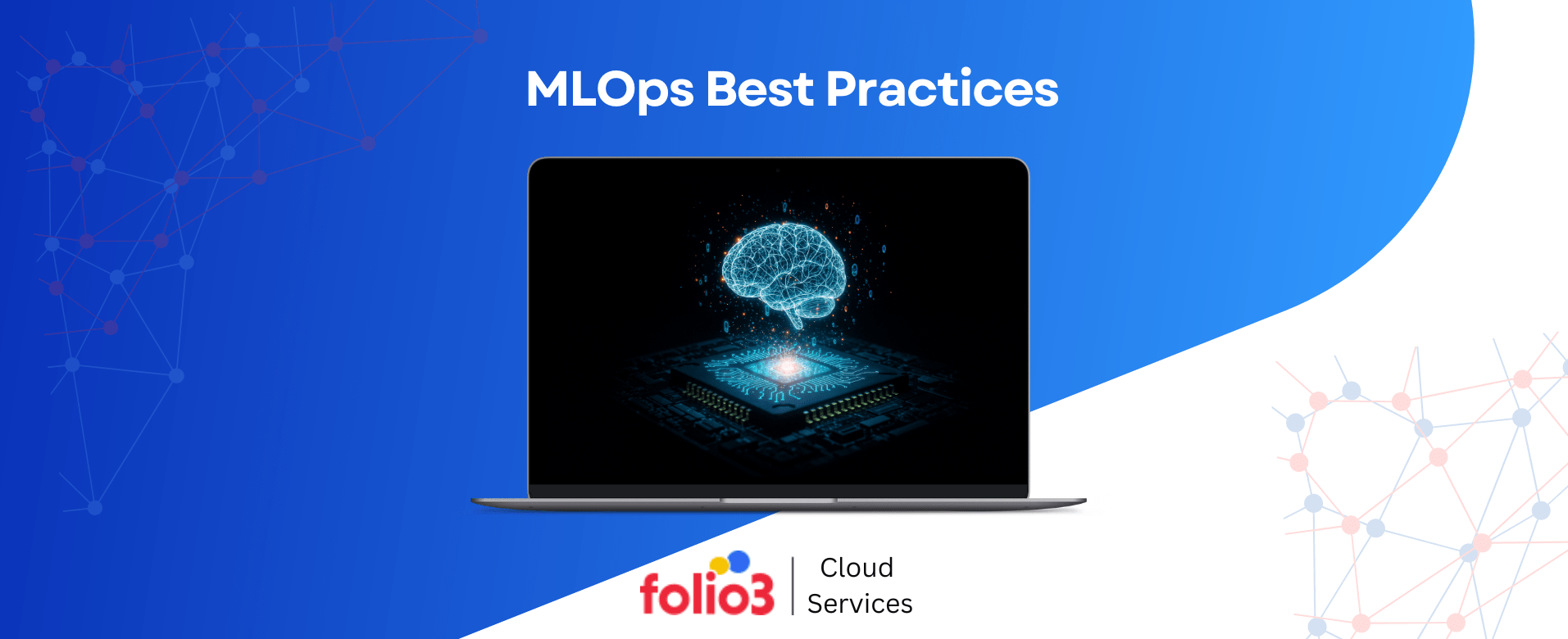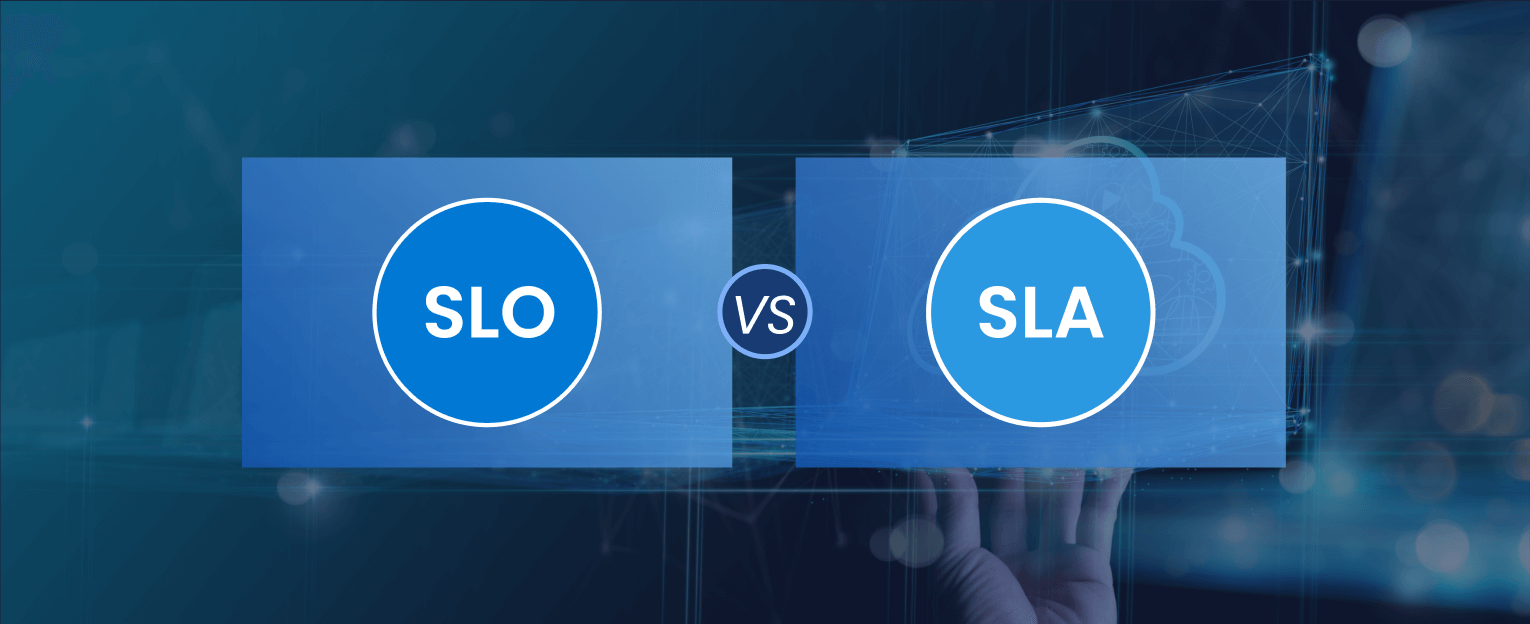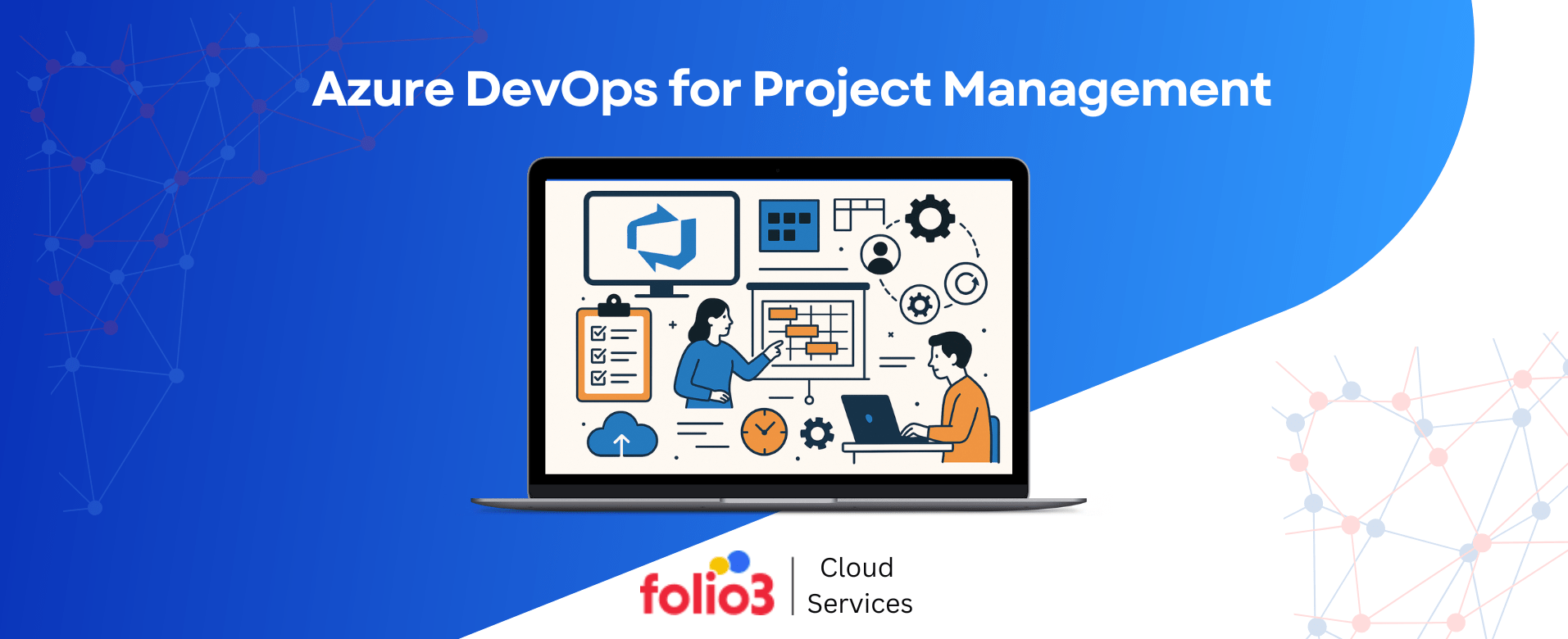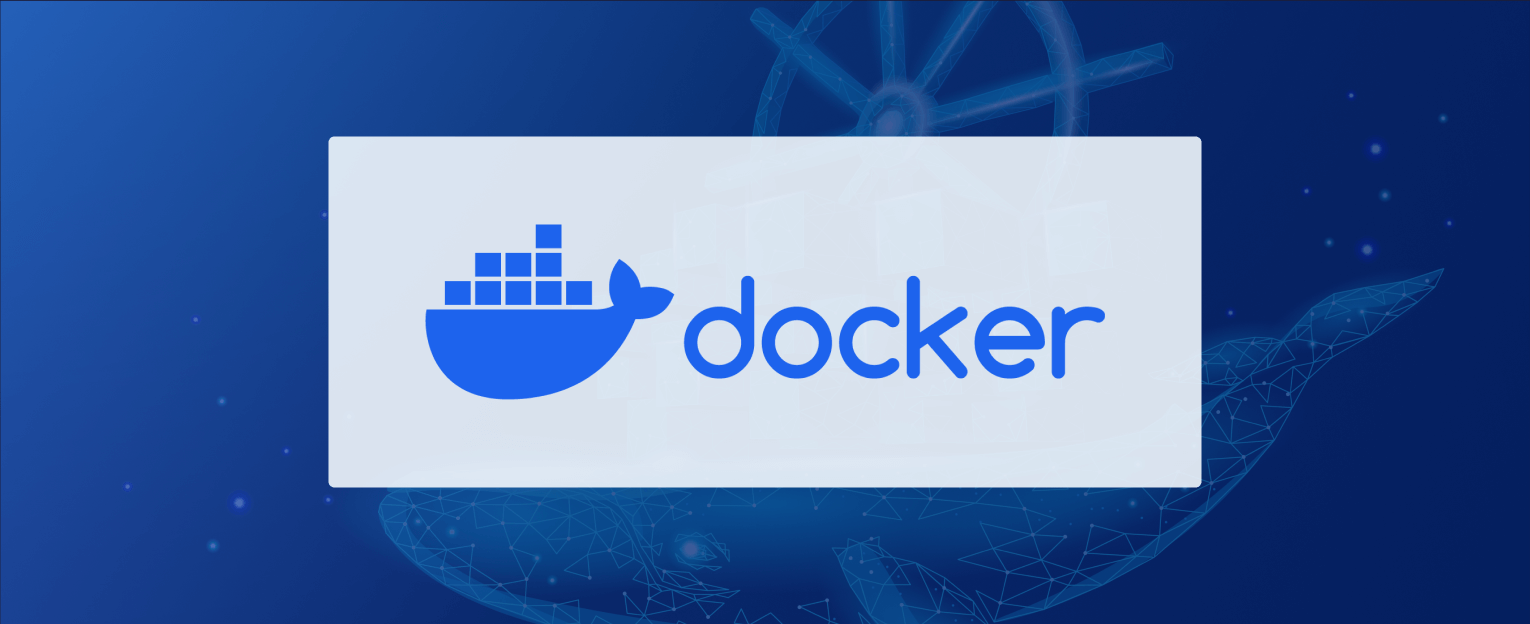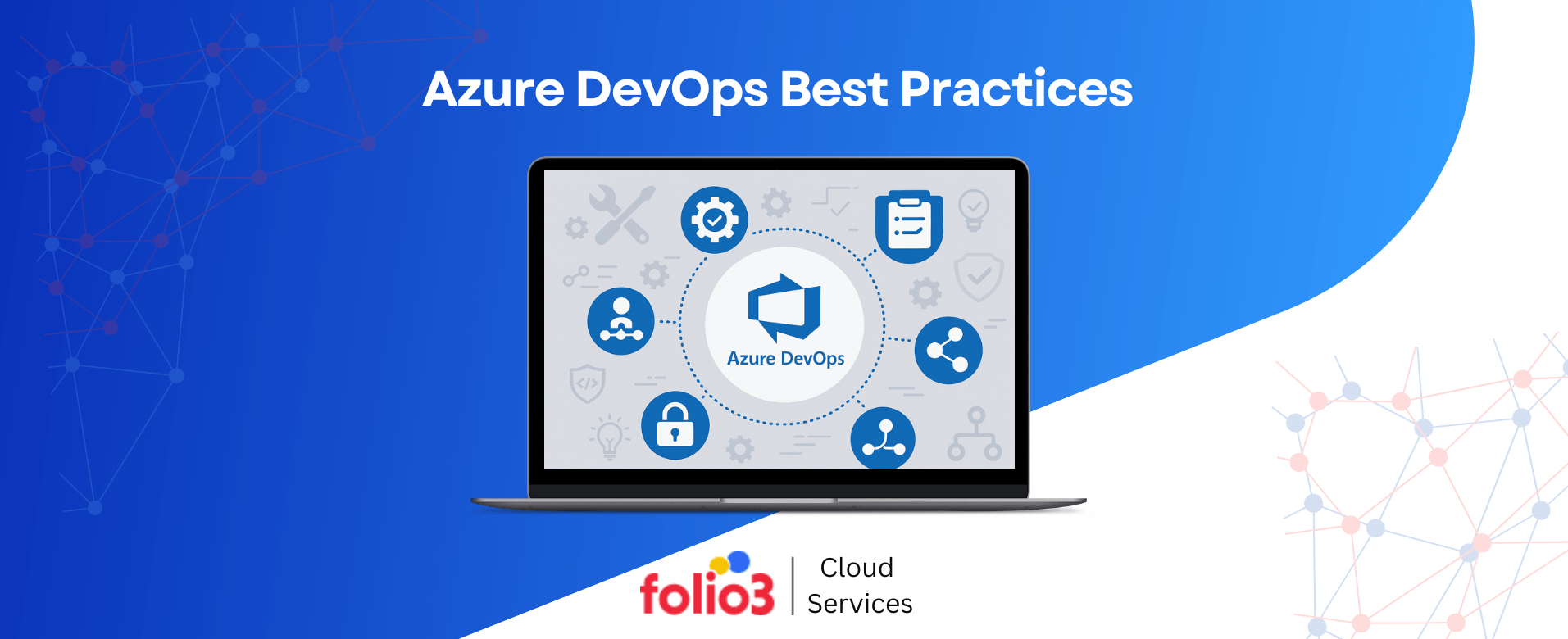A perfect virtual private cloud service gives you the best of both worlds. It combines the advantages of a cloud service with the security and control of an on-premises system. This raises many questions about what is a VPC and how it pushes the boundaries of traditional computing.
Virtual Private Cloud: What Is A VPC?
A secure, private virtual network within a shared or public infrastructure is called a VPC. A VPC is a cloud computing model that creates a traditional network environment. Virtual barriers also segregate the specific sections of the cloud.
In contrast to traditional networks, a VPC is highly customizable that allows you to define your virtual network space. Unlike private cloud networks located on-premises, a VPC brings complete solutions to the table with a secure and private space within a public cloud.
Not only does it ensure the safety of storing your belongings, but the organization can benefit from shared common spaces simultaneously. To sum up, a VPC is a combination of public and private hybrid models combining elements of public and private clouds to create a secure environment within a shared infrastructure.
Do You Need a Virtual Private Cloud?
Once you have a clear understanding of what is a VPC, it becomes crucial to determine whether or not it is necessary for your specific needs.
VPCs play a critical role in addressing cloud security concerns, especially for businesses that handle sensitive customer data, such as those in the healthcare or finance industries. However, VPCs are also quite crucial for startups seeking cost-effective yet reliable solutions.
Additionally, organizations that require scalable and customizable network resources often find VPCs to be an invaluable asset. By opting for a Virtual Private Cloud (VPC), these businesses can enjoy the benefits of a private and customizable space within the public cloud.
Ultimately, VPCs are of utmost importance for any organization that values privacy and flexibility in its cloud infrastructure. Therefore, if you are dealing with sensitive data, need cost-effective solutions, or require scalable network resources, it is highly recommended to consider using a VPC.
Benefits of a Virtual Private Cloud
1) Enhanced Security
VPC renders a wide range of customizable security features. Some include robust firewalls and network access control lists (ACLs).
If you want to attain comprehensive protection for your systems and networks, it is necessary to understand what is a VPC and how it benefits you.
VPC’s advanced security measures are designed to safeguard your data from unauthorized access and potential threats. Whether by promoting an agile response to evolving cyber threats or bolstering the resilience of applications against diverse potential security vulnerabilities, it promises you a secure environment for your business operations.
Using their security groups means you can devise your security framework within the technology. This leads to the protection of your applications from potential threats.
2) Cost-Effective Scalability
With a VPC, you also get the leverage to scale your cloud environment. That, too, follows the unique needs of your organization.
No matter if you need to grow accommodation capacity, increase growing data, or rapidly deploy applications to meet surges in demand, a VPC empowers you in both cases.
This scalability helps you optimize resource allocation and polish operational efficiency. Eventually, this led to the seamless adaptation of evolving business requirements. So, nothing is restricting you from embracing the power of VPC, as it has everything to unlock unprecedented agility in managing your cloud.
3) Greater Control Over Cloud Environment
In contrast to traditional public clouds, VPC offers more control over your cloud environment. From the management of IP addresses and the creation of subnets to the configuration of route tables and network gateways, VPC covers them all.
It’s like being the landlord of your cloud real estate, where you’re free to design the interior to suit your specific needs.
In addition, VPCs also offer better bandwidth and connectivity due to the dedicated nature of the infrastructure. Consequently, it helps improve the performance and speed of your applications. The same goes for services hosted on the cloud, which boosts user experience and business productivity.
Calling this a perfect solution for those seeking a private space within the public cloud would not be wrong. The reason is that it does not affect scalability and flexibility.
With it becoming increasingly popular among organizations of all sizes and industries, the masses are taking an interest in knowing what is a VPC. It is surely worth considering for your business needs as well.
4) Business Continuity
It also supports business continuity and disaster recovery strategies in multiple ways. For instance, it provides redundant and replicated services across different geographical zones. In case of an outage, it assists in swiftly shifting to stable zones. This is exactly what ensures minimal disruption and downtime.
Moreover, the restore and backup capabilities of VPC help with data integrity and availability. In short, VPCs not only strengthen your cloud infrastructure but also make it resilient and reliable.
By isolating your environment in a VPC, you can rest assured that your services are safe, as it will remain unaffected by issues in the larger public cloud.
5) Enhances Performance
All businesses seeking optimal efficiency must understand the concept of what is a VPC. This is the only way to touch the desired milestone.
The invention also provides a significant performance boost in numerous manners, which enables the resources to be shared among other users. Hence, it reduces traffic and latency problems. Consequently, data turnaround accelerates, and applications respond with heightened agility, increasing overall operational efficiency.
Moreover, while leveraging a VPC, businesses can also ensure high-level performance. Exactly what promotes efficiency and productivity. On top of that, getting to know what is a VPC also allows for better bandwidth and connectivity because of dedicated infrastructure.
This results in improved performance and speed for your applications and services hosted on the cloud.

Simplify Your Cloud Migration with Our Expertise
Our cloud migration services are designed to help you move your business to the cloud with ease.
Features of a Virtual Private Cloud
1) Customization
Customization is a cornerstone feature of a VPC as it offers unparalleled control over cloud network architecture. With a virtual private cloud, users can customize their settings for the IP address ranges, route tables, and subnets, among other things.
This flexibility allows for creating a network architecture that matches specific business requirements. Another benefit of the innovation is that organizations can partition their VPC into multiple subnets. It happens by strategically placing resources and implementing additional security measures.
Credit goes to the ability to set up and adjust security groups that define traffic flow rules to get a security framework. The most important part of VPC customization is that it extends beyond basic network settings. Eventually, it empowers users to adapt their cloud infrastructure as business demands evolve.
2) Dedicated Resources
Another way of understanding what is a VPC and the features it offers comes down to dedicated resources. They are referred to as a pivotal feature within VPCs that provides an exclusive yet isolated computing environment for users.
When setting up a VPC, users have the ability to control and configure dedicated resources as needed. These resources can then be allocated for specific services or applications within the network, providing an extra layer of security and privacy.
You can choose which type and amount of resources you need and only pay for what you use. This helps organizations save money by avoiding the cost of maintaining unnecessary resources. Another benefit is scalability.
As businesses grow and their needs change, dedicated resources can be easily modified or added to a VPC to accommodate these changes. This flexibility allows you to adapt to your changing environment without interrupting your operations.
3) Monitoring and Logging
VPCs often develop monitoring and logging tools that are highly beneficial to users. From authorizing business people to track network activity and monitoring performance metrics to letting them receive alerts for potential issues.
VPC helps in proactive management and troubleshooting. Overall, it provides crucial insights into network activity, performance, and security.
Logging functionalities also capture valuable data for auditing and compliance purposes. They do this by closely monitoring network health so users can proactively address potential issues.
It’s an important feature of what is a VPC and this is why you can expect timely responses to changes besides the smooth functioning and security of cloud environments.
Key Components of a Virtual Private Cloud
To fully comprehend the concept of what is a VPC, it is imperative to understand its key components. These components collaborate exceptionally well to fulfill their purpose.
1) Subnets
Subnets are segments of an IP network within a virtual private cloud. The way they allow users to organize and partition their resources leads to better network management. They can be public or private. Public subnets typically own internet connectivity, whereas private subnets remain isolated.
2) Route Tables
Route tables make a great contribution to shaping the flow of data between subnets and the internet. The rules for routing network traffic within a VPC are the round tables. Each subnet in a virtual private cloud must be associated with a route table.
3) Security Groups
Security groups act as virtual firewalls for instances in a VPC. The users can control inbound and outbound traffic by defining its rules. Security groups enhance the security posture of the VPC by regulating communication between instances. These make sure that only authorized traffic is allowed.
4) Elastic IP Addresses
An Elastic IP address is a fixed IP designed for the dynamic nature of cloud computing. It allows users to link an instance to a consistent public IP address, ensuring continuity even when restarting or stopping the instance. Users have the flexibility to allocate and assign an elastic IP address to any EC2 resource within their VPC.
5) VPC Peering
VPC peering allows the connection between two VPCs in the same or different regions. This advanced feature simplifies the network connectivity and resource sharing between VPC instances. It is highly beneficial when you have multiple business units working on their own VPCs yet need to share information or resources.
6) Internet Gateways
Internet Gateways enable communication between instances within the VPC and the internet. It serves as a bridge between the public subnets and the internet, allowing access to resources outside the VPC.
7) NAT Gateways
Network Address Translation (NAT) gateways enable instances in the private subnets to communicate with the internet. It provides a dedicated gateway for outbound traffic and helps keep the instances secure by not exposing their public IP addresses.
8) Network Interface Controller (NIC)
Network Interface Controllers, or NICs, are virtual network cards attached to instances within a VPC. They allow the instance to connect with other resources within the VPC and enable communication between different subnets.
9) VPC Endpoints
When understanding what is a VPC endpoint, you have to learn what is a VPC AWS connection. VPC endpoints actually allow secure and private communication between VPC and AWS services. It allows instances within the VPC to access AWS services without a public IP address or internet gateway.
Top 6 Key Providers of Virtual Private Cloud
1) Amazon Web Services (AWS)
Amazon Web Services (AWS) is a leading provider of virtual private cloud services. It offers robust and scalable solutions to businesses of all sizes. The best way to approach it is to get help from experienced professionals who can guide you through the process of setting up and managing your AWS environment.
Folio3 is a trusted AWS consulting partner that can help you in this regard with multiple services, including cloud migration, DevOps consultation, cloud consultation, and managed cloud services.
2) Microsoft Azure
Microsoft Azure supplies Azure Virtual Network, which is the equivalent of a VPC. It allows users to create private, isolated networks within the Azure cloud. With Azure Virtual Network, users can create subnets, allocate IP addresses, and set up network security groups (NSGs) to control inbound and outbound traffic.
3) Google Cloud Platform (GCP)
Google Cloud Platform (GCP) is a collection of cloud computing services. It allows individuals and organizations to use the same infrastructure that powers Google’s products.
4) IBM Cloud
IBM Cloud offers a virtual private cloud as part of its infrastructure services. It is where users can create a customizable and secure network in the IBM Cloud environment.
5) Alibaba Cloud
It is a leading cloud provider in the Asia-Pacific region. You can utilize Alibaba Cloud, which provides virtual private cloud services, producing an isolated and customizable network environment.
6) Oracle Cloud Infrastructure
Like any other provider, it allows users to create private, secure, scalable networks. This is important because it ensures that all resources within a user’s cloud environment are able to communicate with each other in a protected and efficient manner.

Cloud Migration with Our Expertise
Our cloud migration services are designed to help you move your business to the cloud with ease.
Virtual Private Cloud vs. Private Cloud
When learning about what is a VPC, check if it’s any different from a private cloud. Some would argue that a VPC is just another name for a private cloud. While there are similarities, it’s important to understand the differences.
Virtual Private Cloud
A VPC is a secure and isolated partition within a public cloud infrastructure. Combining the convenience and cost-effectiveness of shared resources, VPC renders the benefit of having your own private space in the cloud.
With this invention, you gain the flexibility to run your applications and services while taking full advantage of the scalability and elasticity offered by the public cloud. This enables you to adapt to changing demands and optimize resource allocation easily.
Private Cloud
In contrast, a private cloud is a dedicated infrastructure for a single organization. It is hosted either in a third-party data center or on-premises within the organization’s own data center.
Their exclusive environment offers organizations greater control and security over their data and applications. Additionally, the organization adopting a private cloud can customize and tailor the infrastructure to their specific needs.
In the end, it leads to optimal performance and reliability. But remember that a private cloud often entails higher costs and may be less flexible compared to other cloud deployment models.
AWS VPC for Seamless Cloud Infrastructure
That’s it for this comprehensive guide about what is a VPC! Hope you found it beneficial and now understand the significance of a VPC in your cloud infrastructure. Whether you are an AWS user or use another cloud provider, understanding VPCs is essential for creating a secure and efficient network environment.
All that matters is the step-by-step process—starting with how to get started with a virtual private cloud. If you need help setting up or managing your AWS environment, don’t hesitate to contact a cloud service provider that offers the relevant services.
Case Studies
Growth. Enabled.

Sunburst Type To Learn

InGenius Prep

Magento Cloud Migration

Nutrition Detection App
Frequently Asked Questions (FAQs)
Are VPCs Secure?
VPCs are inherently secure because properly configured VPCs provide a protected environment for cloud resources. This involves encryption options, private subnets, and monitoring tools for enhanced security.
What Is a VPC in AWS?
VPCs empower secure and customizable networking in AWS. This facilitates the deployment of AWS resources in an isolated and controlled environment.
What Are VPC Subnets?
Subnets can be configured as public or private. They are segments of an IP network within a VPC. They authorize users to organize and isolate resources, allowing them to manage their network effectively















